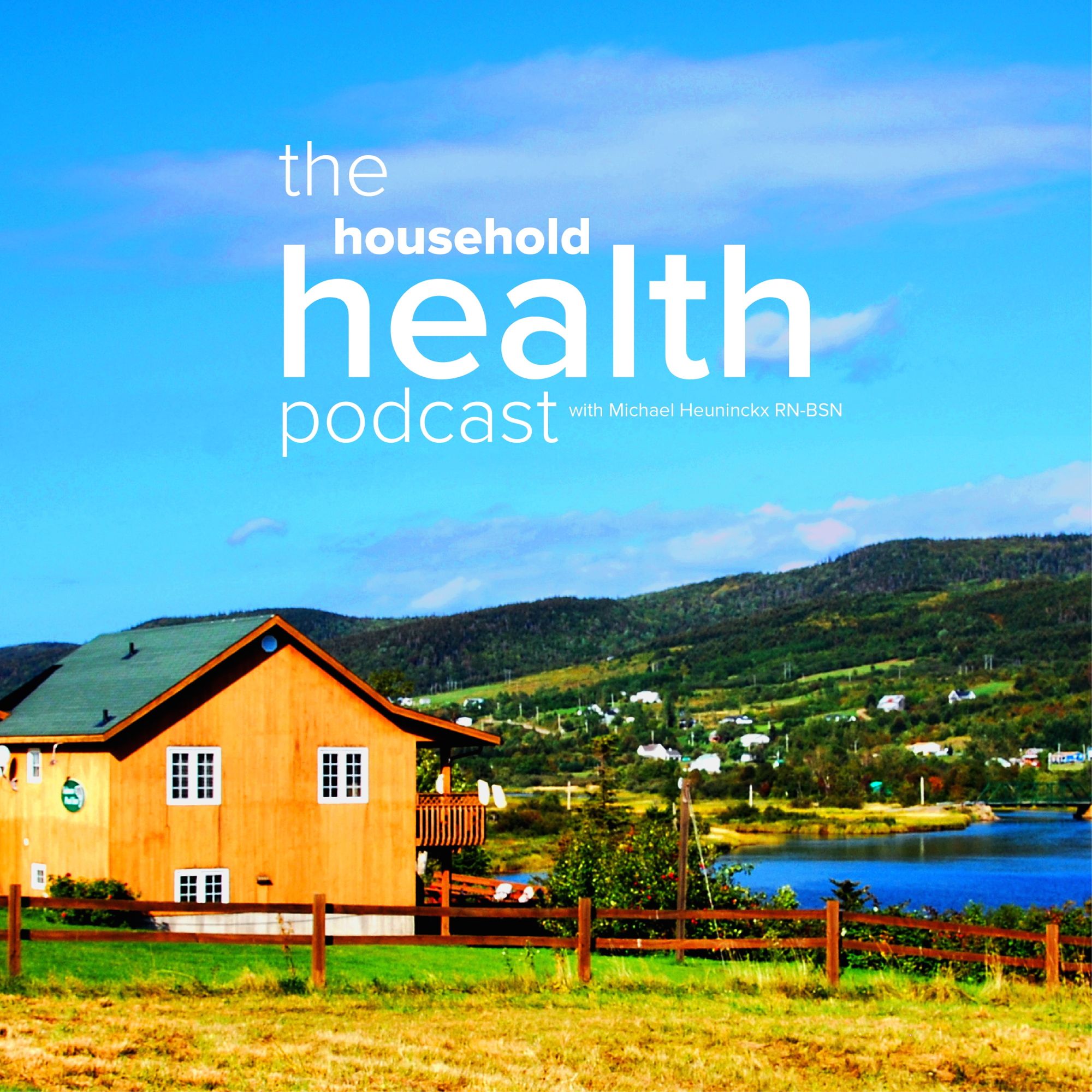RUSK Insights on Rehabilitation MedicineAuthor: Dr. Thomas Elwood
RUSK Insights on Rehabilitation Medicine is a top podcast featuring interviews with faculty and staff of RUSK Rehabilitation at NYU Langone Medical Center. These podcasts are being offered by RUSK, one of the top rehabilitation centers in the world. Your host for these interviews is Dr. Tom Elwood. He will take you behind the scenes to look at what is transpiring in the exciting world of rehabilitation research and clinical services through the eyes of those involved in making dynamic breakthroughs in health care. Language: en Genres: Education, Health & Fitness Contact email: Get it Feed URL: Get it iTunes ID: Get it |
Listen Now...
Dr. Ira Rashbaum & Dr. Samuel Mann: Role of Emotions in the Onset of Physical Health Problems, Part 1
Wednesday, 27 August, 2025
Dr. Ira Rashbaum specializes in mind–body care and treatment of patients who have tension myoneural syndrome, previously known as tension myositis syndrome, a condition that causes pain and symptoms associated with tension and stress factors. His expertise is in diagnosing and treating individuals who have psychosomatic pain disorders. He has an extensive list of publications, national meeting presentations, and media appearances. As study guide committee chairperson of the American Academy of Physical Medicine and Rehabilitation, he led a project that compiled information on advances in rehabilitation medicine for more than 10,000 physicians worldwide. This position placed him at the forefront of all aspects of rehabilitation medicine. Dr. Samuel Mann is a physician and researcher, specializing in hypertension. He has spent the past 40 years as a specialist in this condition, combining patient care, research and teaching at his institution. As a researcher, he has published 65 articles in medical and psychology journals, along with 10 book chapters on hypertension, and three books. His most recent book is “Hidden Within Us; A Radical New Understanding of the Mind-Body Connection (2022). He emphasizes that in most patients, hypertension is not a mind/body disorder. But when it is, it is not related to emotions, such as anger and anxiety that patients report, but to powerful repressed emotions, often related to a past history of stress or trauma, that are completely hidden from conscious awareness. Part 1 The discussion included the following topics: definitions of repressed and suppressed emotions; common emotions that patients tend to repress; extent to which the biomedical model may have to be augmented or replaced as a means of having a greater emphasis on emotions and their unrecognized relationship to some physical health conditions; strength of evidence supporting a connection between emotions and physical health conditions; and the role played by emotional trauma on the onset of various physical health conditions.












